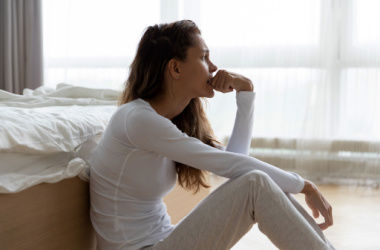Mental Health
Stressed Out In Every Situation? Here's How To Cope With The Anxiety
4 min read
By Apollo 24|7, Published on - 23 September 2022, Updated on - 18 October 2022
Share this article
0
2 likes
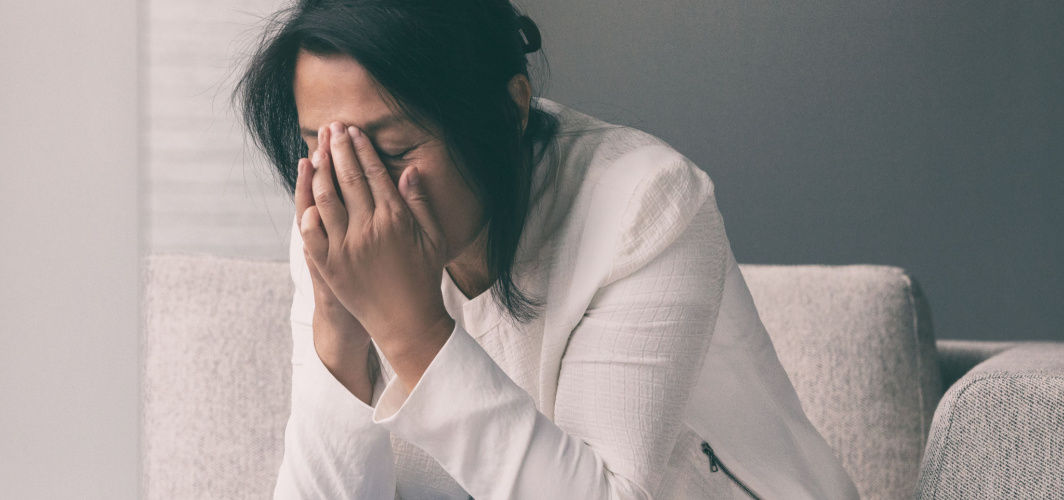
Most of us experience mild anxiety when faced with an uncomfortable circumstance like during a job interview or an exam. During such situations, the human body goes into the natural fight or flight mode, releasing stress hormones in the body. Anxiety often presents itself as heavy and laboured breathing, fatigue, trouble concentrating on simple tasks, extreme worry and fear, and a barrage of intrusive thoughts and concerns. Anxiety must be addressed just like any other physical illness. Let us know more about anxiety and the ways to deal with it.
What causes anxiety?
The cause of anxiety varies from person to person. However, the common reasons include:
- Stress
- Pre-existing health conditions like depression or diabetes
- Family history of anxiety disorder
- History of trauma, such as child abuse
- Substance abuse
- Unexpected situations such as surgery or occupational hazard
How is situational anxiety different from general anxiety?
A person with a situational anxiety disorder may have had a bad experience in the past, which makes facing a similar background like public speaking and job interview extremely stressful and causes a panic attack. It may also be linked with specific phobias such as acrophobia (a fear of heights) or cynophobia (fear of dogs). Factors that may play a role in causing anxiety disorders include adverse life events, genetics, hormonal changes, addiction to substances and environmental influences.
How to cope with situational anxiety?
Anxiety can be challenging and upsetting. It often takes a toll on your body and mind, making it seem not easy to recuperate.
Here are some tips that may help manage situational anxiety:
1. Prepare
Preparing to deal with unfamiliar or uncomfortable situations goes a long way in coping with anxiety. You could start with identifying the possible scenarios and prepare yourself accordingly. For instance, if you are anxious about going out at night, you could carry a flashlight and pepper spray to protect yourself.
2. Exposure therapy
Exposure therapy helps you gradually familiarise yourself with your fears and discover that they pose little to no danger. It may be a long journey, but this can set you free of your crippling concerns along with proper support.
3. Relaxation techniques
An anxiety attack is a response to a perceived threat. It may start slow when you are exposed to the trigger, then escalate to a peak where it completely clouds your mind. Relaxation techniques like deep breathing, visualisation, and progressive muscle relaxation can help calm you quickly. You can work with a professional to practice and master these techniques.
4. Complemental techniques
Practising mindfulness, regular yoga, or any other form of exercise along with healthy eating can be effective in managing stress, thereby reducing the risk of anxiety attacks.
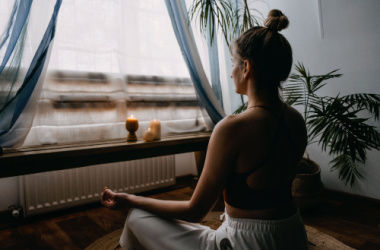
5. Challenge negative thoughts
One of the most difficult but efficient ways to cope with anxiety is actively challenging your negative thoughts with an optimistic outlook. It does not mean you need to say or think things you don’t believe in or deny any facts. You need to understand the objective truth of the situation and look at the brighter side of things.
For instance, if you are dealing with social anxiety disorder and spiralling at the thought of attending a party, think about the possible scenarios. As soon as you start thinking about someone approaching you, think about why they may be interested in talking to you instead of worrying about scrutiny. Remember, you could always excuse yourself from the situation.
Situational anxiety treatment
Depending on the severity of your anxiety disorder and its impact on your daily life, the treatment for situational anxiety may include self-help strategies along with psychotherapy and medications. Avoid overindulgence or discontinuation of anti-anxiety medicines without consulting with a doctor.
Consult a specialist
It is possible to lead a fulfilling life even if you are dealing with severe symptoms of anxiety disorder. You can overcome anxiety with the right kind of therapy, self-help techniques, and support from loved ones. If you need help,
Medically reviewed by Dr Sonia Bhatt.
Mental Health
Leave Comment
Recommended for you
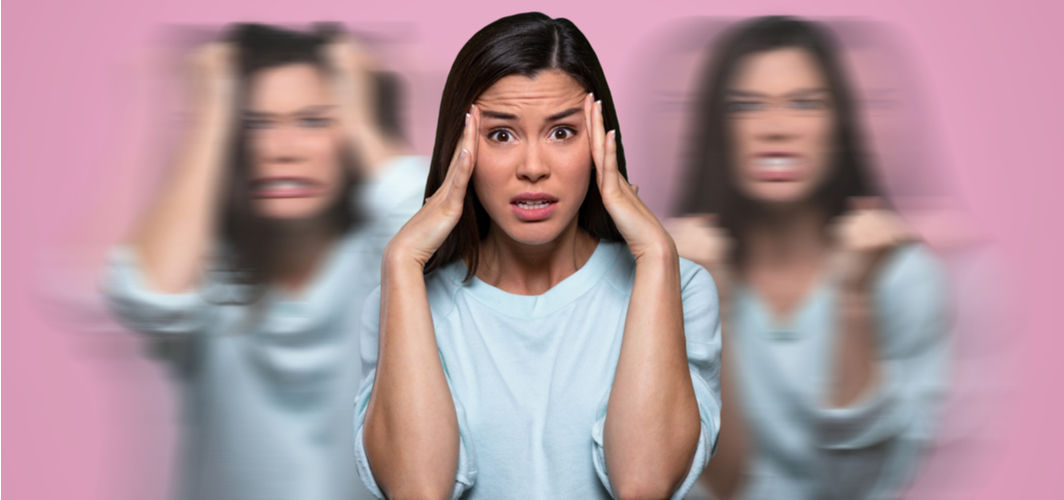
Mental Health
Could My Mood Swings Be a Sign of Bipolar Disorder?
Occasional mood swings can affect anyone. However, regular and extreme mood swings can indicate a mental illness such as bipolar disorder.

Mental Health
How Can Vitamin D Affect Your Mental Well-Being?
Mental well-being is an integral component of our overall wellness. Emerging research is casting light on the significant role that Vitamin D plays in maintaining a healthy and resilient mind.

Mental Health
Can Weather Affect Your Mood?
Weather changes are a leading source of psychological distress. It has several impacts on your mental health as it can make you aggressive, anxious, and stressed or affect your energy levels. Hence, it is very important to understand its impact on our mental health.
Subscribe
Sign up for our free Health Library Daily Newsletter
Get doctor-approved health tips, news, and more.
Visual Stories
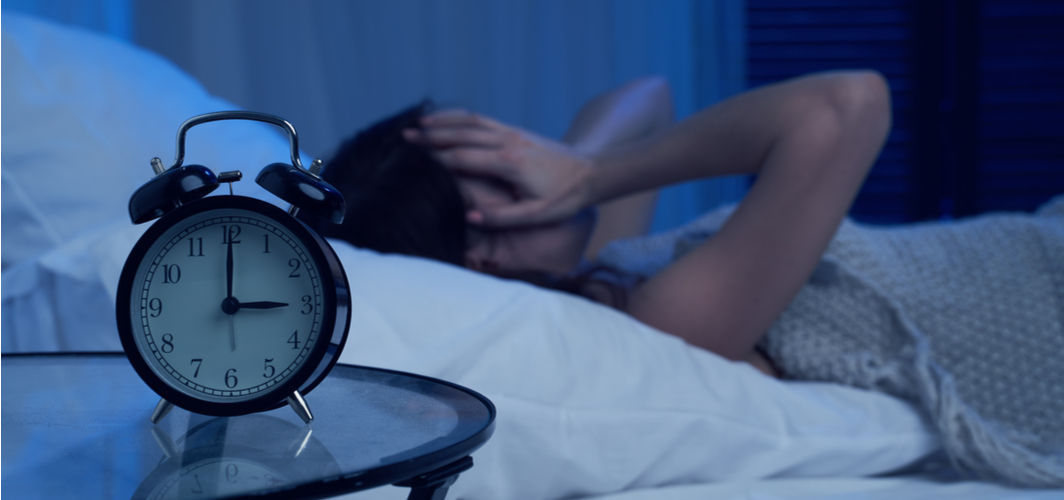
Overcome Insomnia with a Healthy Lifestyle
Tap to continue exploring
Recommended for you

Mental Health
Could My Mood Swings Be a Sign of Bipolar Disorder?
Occasional mood swings can affect anyone. However, regular and extreme mood swings can indicate a mental illness such as bipolar disorder.

Mental Health
How Can Vitamin D Affect Your Mental Well-Being?
Mental well-being is an integral component of our overall wellness. Emerging research is casting light on the significant role that Vitamin D plays in maintaining a healthy and resilient mind.

Mental Health
Can Weather Affect Your Mood?
Weather changes are a leading source of psychological distress. It has several impacts on your mental health as it can make you aggressive, anxious, and stressed or affect your energy levels. Hence, it is very important to understand its impact on our mental health.
